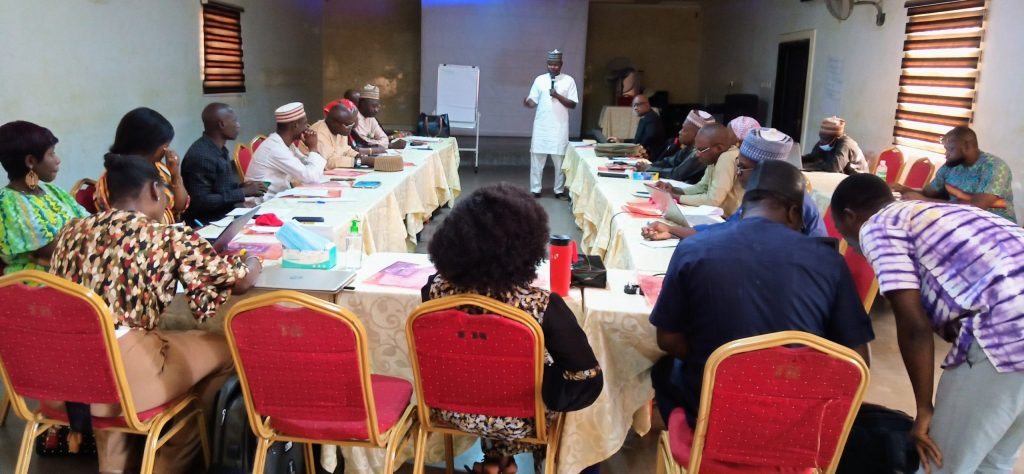
The Kaduna State Steering Committee on Social Investment
on Monday started a four-day workshop to design a youth-focused graduation social protection programme.
Mrs Saude Atoyebi, the Focal Person, Kaduna State Social Investment Office, said at the workshop in Zaria,
that the goal was to address the challenge of unemployment and build youths’ resilience to socio-economic shocks.
The News Agency of Nigeria (NAN) reports that social protection is a set of policies and programmes designed to
reduce poverty and vulnerability by promoting efficient labour markets, diminishing people’s exposure to risks
and enhancing their capacity to protect themselves against hazards and interruption or loss of income.
Atoyebi, who was represented by Mrs Rebecca Padonu, the Special Assistant to Gov. Nasir El-Rifai on Social Investment,
said that the youth population in the state’s demography presents challenges and opportunities.
She pointed out that the youths were experiencing the highest rate of poverty, adding that it was critical to the needs of the
youth population to ensure social cohesion and stability.
She said that the youth-focused social protection intervention would be designed to effectively address the challenges of unemployment,
skills and human capacity.
According to her, the target is also to reduce obstacles that will affect the youth to realise their full potential and increase
opportunities that will enable them to meaningfully contribute to the socio-economic development of the state.
She said “this is in line with the state’s social protection policy which recommended a highly effective programme to
meet the needs of the youth in view of the high rate of poverty affecting the group.”
She added that the effort was being supported by Save the Children International (SCI) under its Expanding Social Protection
for Inclusive Development (ESPID).
She said that the programme would reflect the state’s priorities as outlined in the Social Protection Policy and Implementation Framework.
The focal person added that the programme design would rely on contributions and support from key Ministries, Departments
and Agencies (MDAs), Civil Society Organisations and key stakeholders.
Mr George Akor, the SCI Social Protection Technical Advisor, explained that the graduation model would ensure exiting of beneficiaries
from a social protection programme after reaching a threshold level of income or assets.
Akor said that the income and assets would ensure that beneficiaries did not fall back into poverty when programme support is
withdrawn, and the next shock hits them.
He said that the model would be achieved by combining social protection and livelihood development with a greater possibility
of leaving people with sustainable and resilient livelihoods after they exit from the programme.
The SCI State Team Lead, Mr Tanko Langaya, said that the interventions would ensure inclusion of youths in social protection programmes
that specifically addressed their peculiar needs.
Langaya said that Save the Children International would continue to support the state government to deliver inclusive social protection
programmes that leaves no one behind.
Mr Aliyu Yakasai, the Executive Secretary, Kaduna State Disability Affairs Board, said that the problem of young people was at the heart
of the El-Rufai-led administration.
Yakasai said that developing a youth-focused intervention was part of efforts to ensure that the younger generation was supported to live a dignifying life.
Mr Philip Yatai, the Secretary, Kaduna Social Protection Accountability Coalition (KADSPAC), commended the state government for the efforts
to ensure that no one was left behind in the delivery of social protection programmes.
Yatai reiterated KADSPAC’s continued support to ensure inclusive, transparent and accountable social protection programmes in the state. (NAN)




